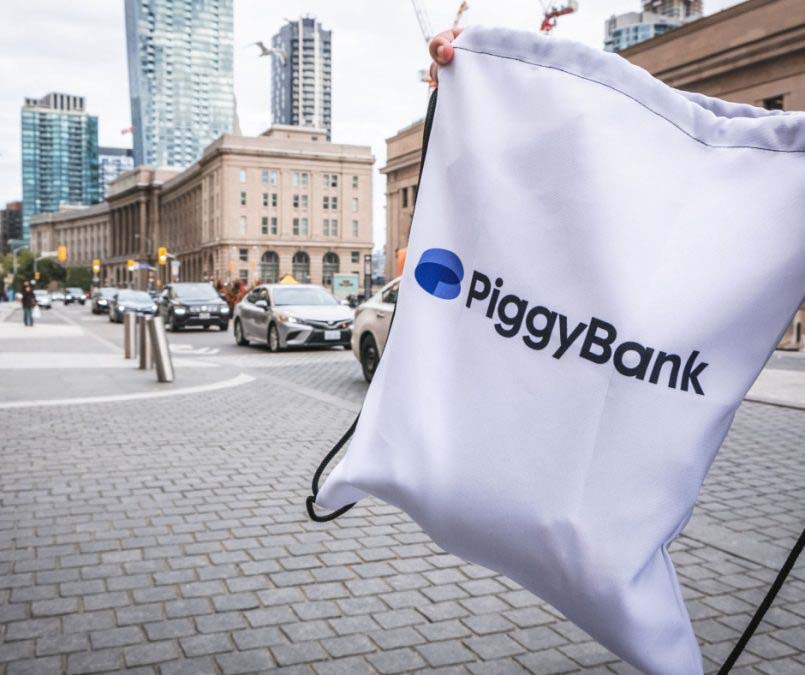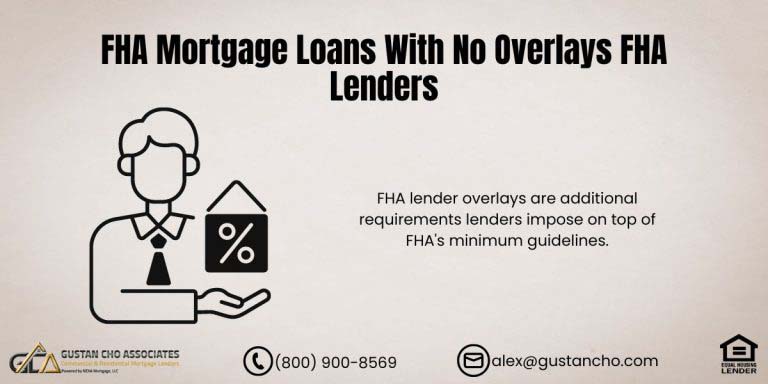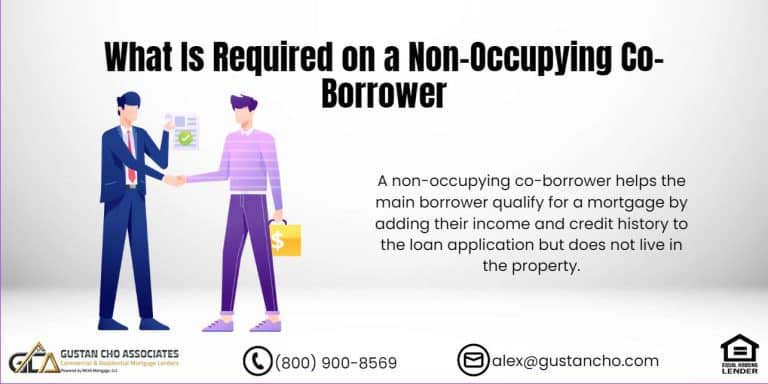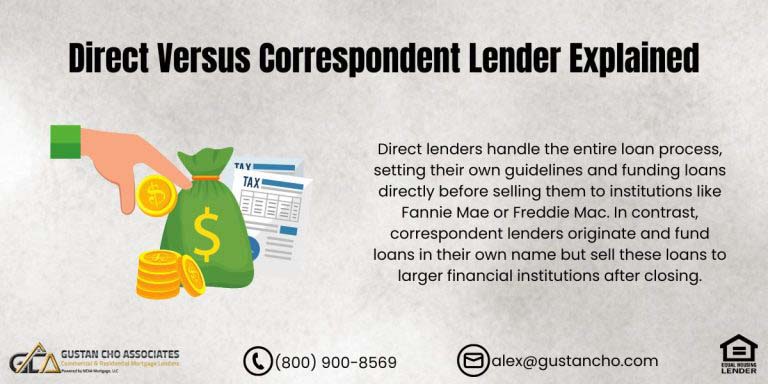How to Cancel PMI on Conventional Loans in 2025: Step-by-Step Guide to Save Money
Private Mortgage Insurance (PMI) is one of those extra costs most homeowners want to get rid of as soon as possible. If you’re paying PMI every month, you might be wondering how to cancel it and lower your monthly mortgage payment. The good news is, you can cancel PMI once you have enough equity in your home.
In this complete 2025 guide, we’ll show you how to ditch PMI, what you need to do, and some clever tips to make it quicker — all in simple terms that are super easy to understand.
Key Takeaways
- You can request PMI removal at 80% LTV, or it will cancel automatically at 78%.
- A new appraisal can help prove your home is worth more and get PMI removed sooner.
- FHA and USDA loans require refinancing into a conventional loan to cancel MIP.
- Knowing how to cancel PMI can save you thousands of dollars per year.
What Is PMI and Why You’re Paying It
When you buy a home with less than 20% down on a conventional loan, your lender requires PMI (Private Mortgage Insurance).
PMI is there to safeguard the lender, not you, in case you miss payments and the house ends up in foreclosure. It doesn’t cover repairs, taxes, or missed payments — it’s simply insurance for the lender.
Most homeowners pay PMI until they reach at least 20% equity in their homes. Once you do, you can take steps on how to cancel PMI and stop paying that extra cost.
Stop paying PMI sooner with a smart plan
See if your equity or a new appraisal can remove PMI and lower your payment
When Can You Cancel PMI? Understanding Equity and Loan-to-Value (LTV)
Before you start the process of how to cancel PMI, you need to know your loan-to-value ratio (LTV) — that’s the key number lenders use.
The Loan-to-Value (LTV) ratio is pretty simple: divide what you owe on your loan by how much your home is worth. So, if your home’s worth $400,000 and you owe $320,000, your LTV is 80%. Once you hit that 80% mark, you can ask to get rid of your Private Mortgage Insurance (PMI). Plus, when your LTV drops to 78%, your lender has to automatically cancel your PMI based on the original amount you borrowed.
How to Cancel PMI at 80% LTV (Before It Falls Off Automatically)
Most homeowners don’t want to wait until 78% LTV for PMI to drop off automatically — and you don’t have to.
Here’s exactly how to cancel PMI when you reach 80% LTV:
- Check your current loan balance and home value. You can use your mortgage statement or your lender’s online portal.
- Get a current home appraisal if your property value has increased. If your home’s value went up, you may already have 20% equity even if you haven’t paid much of your mortgage yet.
- Contact your lender and request PMI cancellation. They’ll explain what documents or proof they need, such as your appraisal report.
- Maintain a strong payment history. Lenders often require no late payments in the past 12 months before approving cancellation.
- Follow up and confirm PMI removal in writing. Once approved, your lender must stop charging PMI going forward.
How to Cancel PMI Faster: Build Home Equity Quickly
If you want to know how to cancel PMI fast, the secret is building equity quicker. Here are a few ways:
Make Extra Payments Toward Principal
By committing to make additional payments on your mortgage principal, even as little as $100 each month, you can significantly decrease your overall loan balance. This not only accelerates your path to owning your home outright but also reduces the interest paid over the life of the loan.
Refinance if Home Values Rise.
If you’ve noticed a significant increase in your home’s market value, refinancing could be a smart financial move. Doing so may allow you to secure a new loan without private mortgage insurance (PMI), lowering your monthly payments and saving you thousands.
Avoid Late Payments.
Keeping a perfect payment track record is important to eliminate PMI. Lenders are more likely to give you the green light if they see that you’ve consistently made your payments on time, showing them that you’re a trustworthy borrower.
Track Your Home’s Market Value.
Regularly monitoring your home’s market value is essential, as rising property prices can increase your equity without your awareness. Knowing about these changes can help you find opportunities. For example, you might want to refinance your loan or remove PMI when your equity goes over 20%.
How to Cancel PMI Without Refinancing
You don’t always need to refinance to remove PMI. If you’re wondering how to cancel PMI without refinancing, follow these steps:
- Pay your balance down to 80% of your home’s original value.
- Request removal directly from your mortgage servicer.
- Provide proof that your home value hasn’t fallen.
- Ensure you’ve had no late payments in the past year.
If all requirements are met, your lender will remove PMI ,saving you hundreds per month without requiring a new loan.
Remove PMI when you hit 80% LTV.
Get a quick equity review and steps to request PMI cancellation from your servicer
How to Cancel PMI With an Appraisal (If Your Home Value Increased)
Many homeowners gain equity faster due to appreciation. If your home has increased in value, an appraisal can help prove it.
Here’s how to use it to your advantage:
- Ask your lender for their appraisal requirements: Each lender has its rules — some may require your loan to be at least 2 years old.
- Order a lender-approved appraisal: You can’t use your own; it must come from the lender’s approved list.
- Submit your request for PMI removal using the new appraised value.
- If approved, PMI will be removed, and your monthly payment will drop.
This is one of the most effective ways to cancel PMI early, especially in 2025, when many markets have seen strong appreciation over the past few years.
How to Cancel PMI After Refinancing
One popular way to save cash is by refinancing your mortgage after you’ve gained enough equity. If your new loan is 80% or less of what your home is worth now, you can get rid of that pesky PMI for good.
Here’s what to do:
- Check your current home value: Use online estimators or get a professional appraisal.
- Compare refinance rates: Even with slightly higher rates in 2025, you may still save if removing PMI reduces your total payment.
- Apply for a conventional refinance loan: Gustan Cho Associates, for example, specializes in refinance programs designed to help borrowers remove PMI quickly.
- Close your new loan — without PMI.
If you originally had an FHA loan with monthly MIP for the life of the loan, refinancing into a conventional loan is often the best way on how to cancel PMI permanently.
How to Cancel PMI on FHA and USDA Loans
If you have an FHA or USDA loan, the rules are different:
FHA Loans
If you put down less than 10% on an FHA loan, you’ll likely have to pay annual mortgage insurance premiums (MIP) throughout the entire life of the loan. The only way to remove FHA MIP is to refinance into a conventional loan once you have 20% equity.
USDA Loans
These include a small annual guarantee fee that lasts for the life of the loan. Like FHA, the only way to cancel it is through refinancing.
If you’re wondering how to cancel PMI on FHA or USDA loans, the short answer is: refinance into a conventional loan once your home has 20% equity.
How Much Does PMI Cost and Why Canceling It Matters
The average cost of PMI in 2025 is between 0.30% and 1.5% of your loan amount each year, and it really depends on your credit score and how much you put down. So, if you’ve got a $350,000 mortgage, you’re looking at anywhere from $87 to $437 monthly for PMI. That’s why figuring out how to get rid of PMI is a big deal—it could save you a ton of cash over the life of your loan. The sooner you ditch it, the more money you keep in your pocket instead of giving it to your lender.
How One Borrower Canceled PMI Early
Mark bought a home for $400,000 with 10% down. His loan was $360,000, and his PMI was $220 monthly. Two years later, his neighborhood’s home values jumped. His house was now worth $480,000. That meant his new LTV was: $360,000 ÷ $480,000 = 75%
Mark contacted Gustan Cho Associates, ordered an appraisal, and requested PMI cancellation. Within 30 days, his PMI was removed — saving him $2,640 per year.
That’s a perfect example of how to cancel PMI early without refinancing.
How to Cancel PMI if Home Values Keep Rising in 2025
With rising home prices continuing in many U.S. markets, thousands of homeowners already have more equity than they realize.
If you bought your home in 2021–2023, there’s a good chance your home is worth 10% to 20% more today.
Here’s what to do right now:
- Check your home value using Zillow or Redfin. Check out Zillow or Redfin to see what your home is worth. They give you a good idea of the market trends and what similar homes nearby are selling for.
- Estimate your LTV. To find your Loan-to-Value (LTV) ratio, divide your current mortgage balance by what your home is worth. This number is really important for lenders when figuring out how risky your mortgage is and if you can ditch that Private Mortgage Insurance (PMI).
- If your LTV is at or below 80%, contact your lender to start the PMI removal process. Sharing your updated LTV ratio along with any necessary documentation will facilitate the review and potentially save you on monthly payments.
This simple step can help you discover how to cancel PMI months or even years earlier than expected.
Why Refinancing May Still Be Worth It Even in 2025
Refinancing can still make sense even with higher rates if it helps eliminate PMI and lowers your monthly cost.
Let’s say your rate increases slightly, but dropping PMI of $250 per month could still mean a net savings.
If you’re unsure whether to refinance, Gustan Cho Associates can review your options and help you determine how to cancel PMI in the most cost-effective way for your situation.
Track your equity and timeline to PMI-free.
We’ll map when you reach 80% LTV and how to submit the cancellation request
Final Thoughts: Take Control of Your Mortgage and Cancel PMI Now
Private Mortgage Insurance was designed to protect lenders, not homeowners. The sooner you understand how to cancel PMI, the sooner you can stop paying for something that gives you no direct benefit.
Whether you’re close to 20% equity, just starting to build it, or considering refinancing, now’s the time to act.
At Gustan Cho Associates, we specialize in helping homeowners find the fastest and smartest ways to remove PMI, even if they have credit challenges or unique situations.
Borrowers who need a five-star national mortgage company licensed in 50 states with no overlays and who are experts on how to cancel PMI, please contact us at at 800-900-8569, text us for a faster response, or email us at alex@gustancho.com.
Frequently Asked Questions About How to Cancel PMI:
Q: What Does PMI Mean, and Why do I have to Pay it?
A: PMI stands for Private Mortgage Insurance. Lenders require it when you put down less than 20% on a conventional loan. It offers protection to the lender in case you cease making payments. Once you have enough equity, you can learn how to cancel PMI and remove it from your monthly bill.
Q: How do I Know When I Can Cancel PMI?
A: You can ask to remove PMI once your loan balance falls to 80% of your home is worth. Most lenders will automatically cancel it at 78% loan-to-value (LTV). Knowing how to cancel PMI helps you save money as soon as you hit that mark.
Q: What’s the First Step in Canceling PMI?
A: Start by checking your loan balance and home value. If you’ve reached 20% equity, contact your lender and ask about their PMI cancellation process. That’s the easiest way to begin learning how to cancel PMI on your loan.
Q: Can I Cancel PMI Without Refinancing?
A:Yes, you can! As long as your loan balance is 80% or less of your home’s value and you’ve made on-time payments, your lender can remove PMI. Learning how to cancel PMI without refinancing helps you save time and avoid extra fees.
Q: Do I Need a New Appraisal to Cancel PMI?
A: Sometimes, yes. If your home value has gone up, your lender may ask for a new appraisal to confirm your equity. This is one of the best ways to cancel PMI early if your property’s value increases.
Q: Can I Cancel PMI if I’ve Missed Payments Before?
A: Most lenders require a clean payment history before removing PMI — usually no 30-day late payments in the past year. Keeping up with payments makes it easier to figure out how to cancel PMI successfully.
Q: Can FHA or USDA Loans Cancel PMI, Too?
A: Not exactly. FHA and USDA loans charge mortgage insurance for the life of the loan. The only way to cancel PMI for those loans is to refinance into a conventional loan once you have 20% equity.
Q: How Much Money Can I Save by Canceling PMI?
A: Depending on your loan size and credit, PMI usually costs $100–$400 monthly. Learning how to cancel PMI could save you $1,200 to $5,000 annually — money in your pocket.
Q: How do I Prove to My Lender That I have 20% Equity?
A: You can show it through your loan statement and, if required, a new home appraisal. This proof helps your lender verify your equity and approve your request on how to cancel PMI officially.
Q: Who Should I Talk to for Help on How to Cancel PMI?
A: You can start by calling your mortgage servicer, who will collect your payments. Or you can reach out to a lender like Gustan Cho Associates, who can guide you step-by-step through canceling PMI or refinancing to remove it permanently.
This article about “How To Cancel PMI on Conventional Loans for Homeowners” was updated on October 14th, 2025.
See if automatic PMI termination applies
Find your schedule to 78% LTV and confirm when PMI should end by law











Can I cancel private mortgage insurance if my house has appreciated 20% from the purchase price? How long can private mortgage insurance get canceled?
Homeowners with 20% or more equity in their homes can request their mortgage companies to cancel the PMI on conventional loans. If the lender is in doubt, a new appraisal may be required on conventional loans.
Can a lender refuse to remove private mortgage insurance because i was lat on my mortgage?
Yes, a mortgage lender can refuse to remove PMI if your property does not appraise as expected or you do not meet the cancellation of PMI guidelines.
Homeowners who meet the guidelines of having 20% equity in their homes, the removal of PMI needs to be done by the mortgage servicer.
How do I ask a mortgage lender to remove private mortgage insurance on my conventional loan?
To request cancellation of PMI, you should contact your loan servicer when the loan balance falls below 80 percent of your home’s original value (the contract sales price or the appraised value of your home at the time it was purchased).